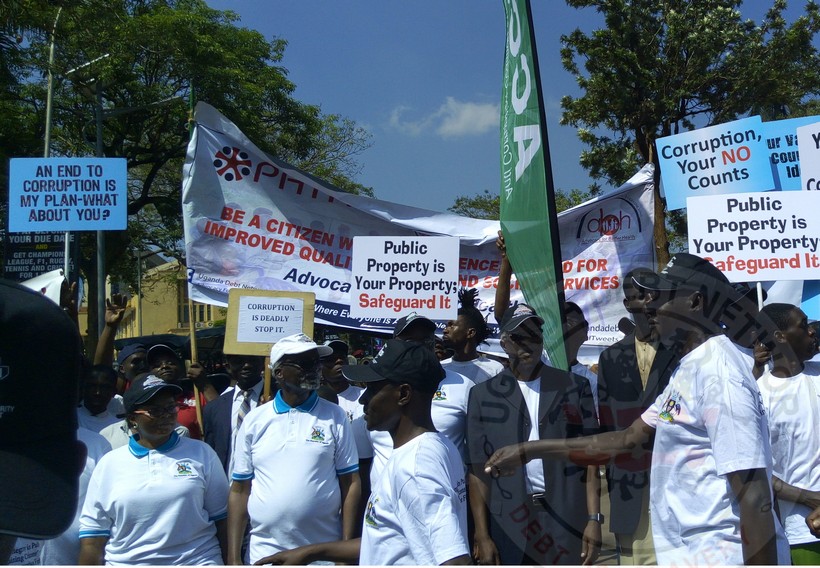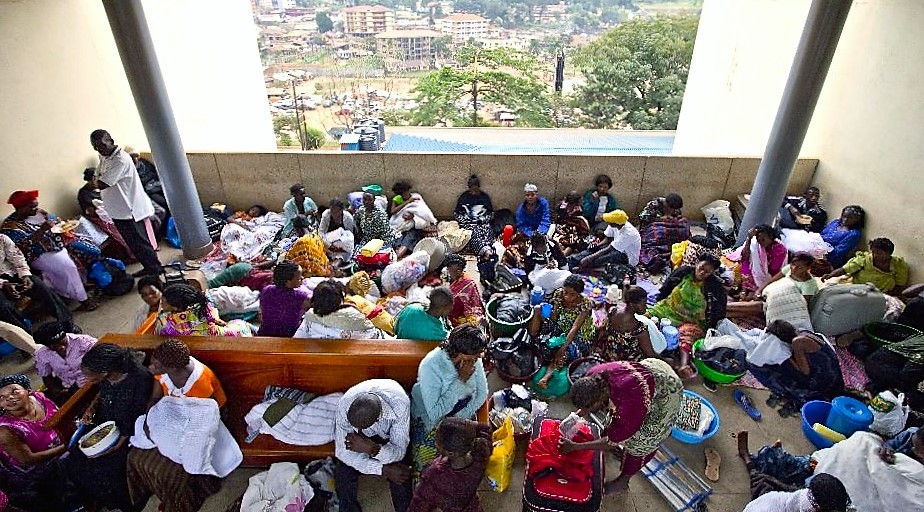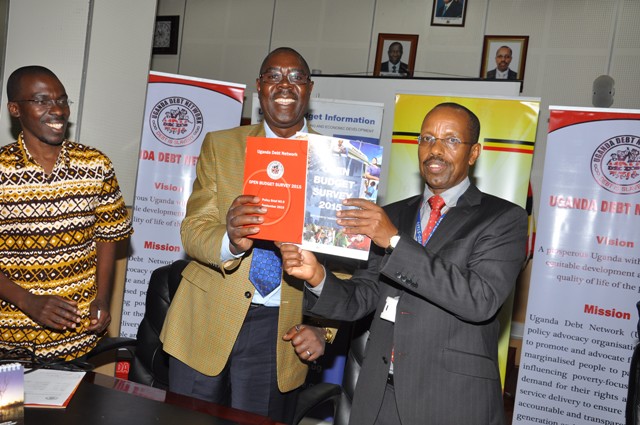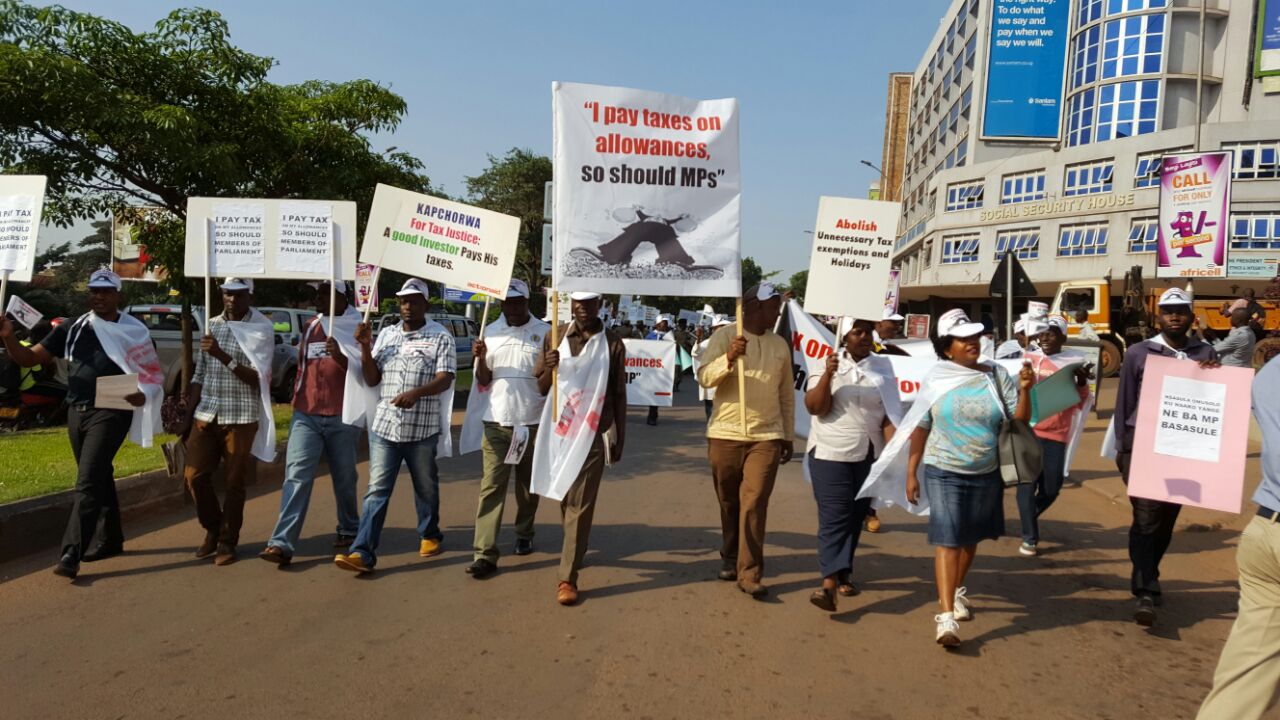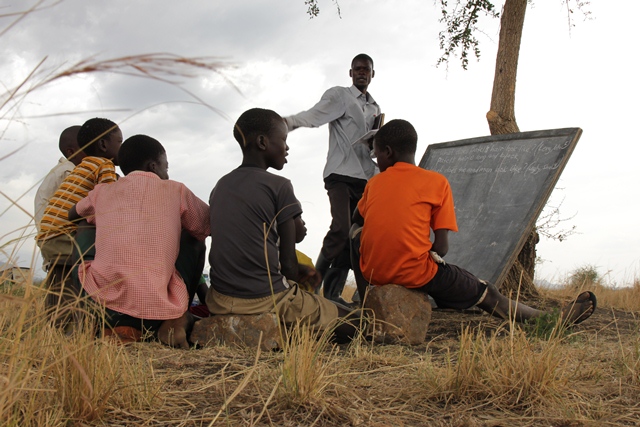
World leaders have been worried about the rise in inequality for several years now, yet the gap between the richest and the rest has continued to grow. In 2015, it was predicted by Oxfam International that the wealth of the top 1% of the rich would overtake that of the rest of the population by 2016; that milestone was reached two months ahead of schedule. The longer we wait to take action on inequalities, the more serious the consequences will be.
Economic inequality is a corrosive force that can undermine economic growth, hamper the fight against poverty, and spark social unrest. The State of East Africa Report titled the “Consolidating Misery? ” . an analysis was made on inequalities and Political economy. Inequality was highlighted as the single greatest threat to social and economic stability in East Africa. (September 2016) The Political Economy of Inequalities in East Africa highlighted several pillars of inequality which included the social, political and economic pillars.
So why political economy?
Examining the political economy of inequalities, the report aimed to shine a spotlight on the relationship between politics (domestic and regional) and inequality. To what extent are our political institutions linked to the persistence of poverty? What political factors affect the evolution of inequality and what are the effects of inequality on political choices and outcomes?
Is there a relationship between our various identity formations and the manner in which public goods are provided? The report offers some hypotheses as to why inequality persists and why efforts to address them narrow. Another issue raised is absence of a committed attempt to dismantle and recreate the institutions that distribute power and the networks that have emerged to extract benefits from them.
The report furthers the argument that inequalities survive thanks to the structure of the institutions we have put in place and that it is only by reforming these institutions that we can truly address the challenges that inequalities generate. As this report is about regional integration, the report also asks some questions as to whether the opportunities that this process presents will be helpful in supporting efforts to narrow present inequality gaps. The best answer we can give to this is a lukewarm ‘it depends’ – it depends on the choices that the leaders are willing to make; whether they are willing to take bold steps to reconfigure the institutional and power architecture to ensure that all citizens of the region benefit from integration as opposed to only a (small) section.
There is massive potential in the region crying out to be unleashed – trade barriers, poor infrastructure, insecurity, unfair judicial systems, low wages, discrimination, weak regulation etc. are undermining the potential that could be reaped if the region were to genuinely reform its institutions to make them more equitable, predictable and inclusive. Our institutional arrangements at the national level are skewed in favor of the rich and powerful. Cosmetic changes and ‘make do’ adjustments are only delaying an inevitable internal crisis. The time to rethink the structure of power and economy is now.
East Africans will have to find ways and means of coexisting happily. This means that over time, institutions will need to be reformed and adapt to the expectations of the population, and in turn, citizens will need to be less passive and be engaged in shaping as well as tending to the health of these institutions. Here we are not looking only at formal institutions of the state and the economy, but also those institutions that dominate the private sphere – from associations, to faith-based groupings and so on.
In other words, East Africans will need to find productive ways in which to leverage and amplify their social capital. Why social capital? First and foremost, having vibrant social networks in place allows communities to create outcomes that benefit the collective as opposed to individual, or narrow interests alone. Social capital allows individuals, groups and communities to resolve collective problems more easily. Norms of reciprocity and networks help ensure compliance with collectively desirable behavior.
In the absence of trust and networks ensuring compliance, individuals tend not to co-operate because others cannot be relied on to act in a similar way. It remains to be seen whether stakeholders heed warnings





